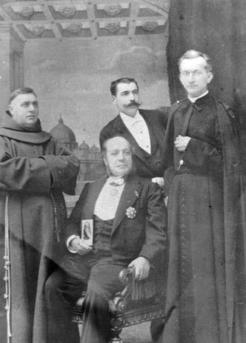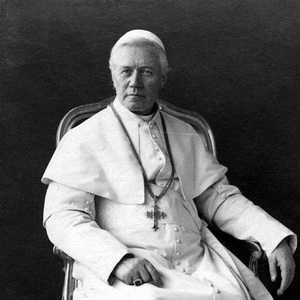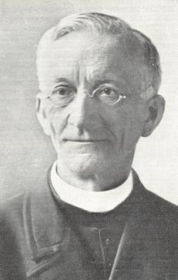the great question of our time, the social question, whose solution is dependent on faith, reason, revelation, and natural and Christian morality...
Fr. Dehon and “The Social Question” (Part 4 - last in series)
|
cannot remain
shut up in their churches and rectories….
It is not enough to bring the people words of instruction and
consolation; we must also attend to their temporal interests and help them to
organize institutions that can replace the guilds which are no more…. We must act without wasting time in sterile
discussions.
|
|
He continues
with a critique of a contemporary manual for priests which assumed that the men
of the day were past saving and encouraged a focus on women and children:
|
|
That
fainthearted generation changed Christ for us.
He was no longer the Christ of the workers, the Christ who carried out
His incessant apostolate among fishermen, tax collectors, people of the
world…. The Lion of Judah was
transformed into a timid sheep. Our
Christ… was changed into a fearful and weak human being, who spoke only to
women and children and sick people.
|
|
|
On the eve of his 69th birthday in March of 1912, Dehon wrote a long letter to his religious, known under the title “Souvenirs.” Recalling his many social works - his numerous works at St. Quentin, the congresses in which he participated, and his social writings and lectures - he tells them, “I wanted to contribute to the uplifting of the lower classes, with the advent of justice and Christian charity.” He concludes: “in this area, too, the work must continue. The masses are not yet convinced that the Church alone possesses the true and practical answers to all social questions.”
|


